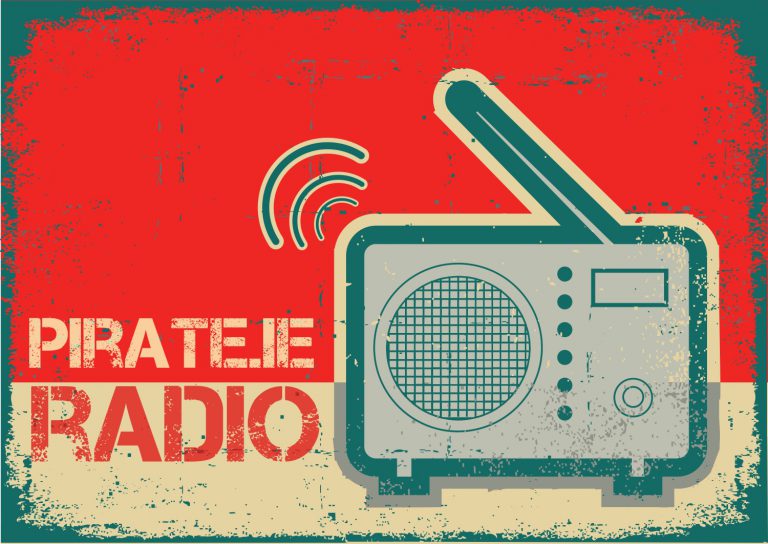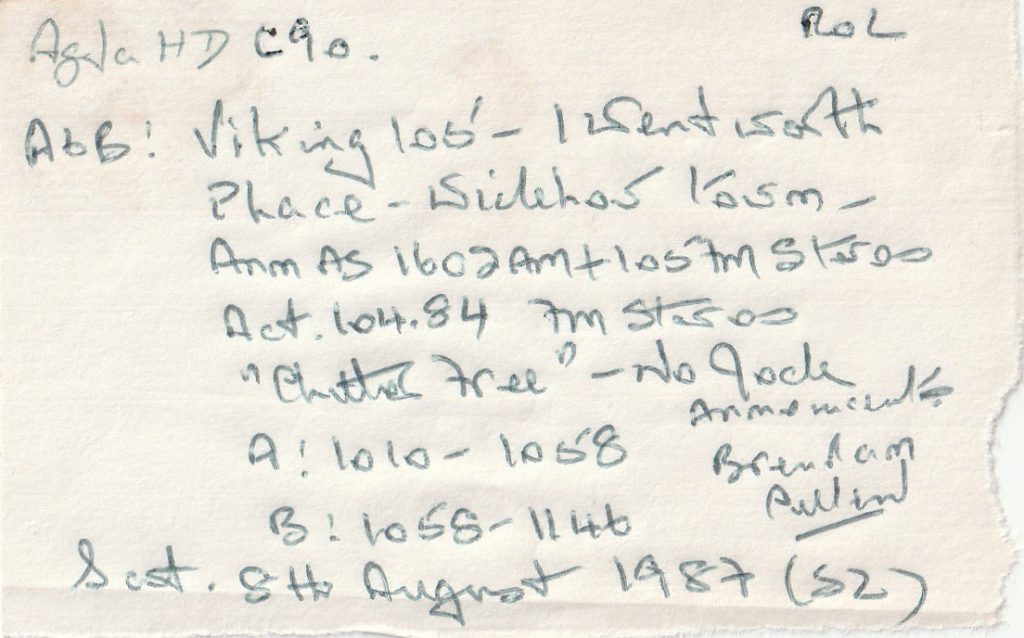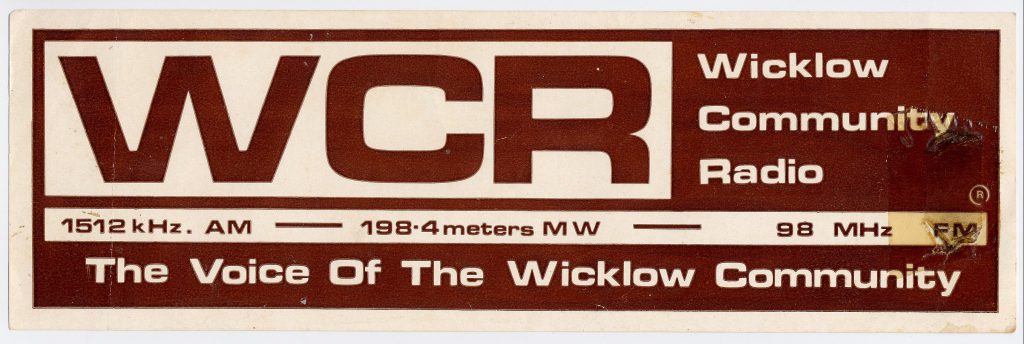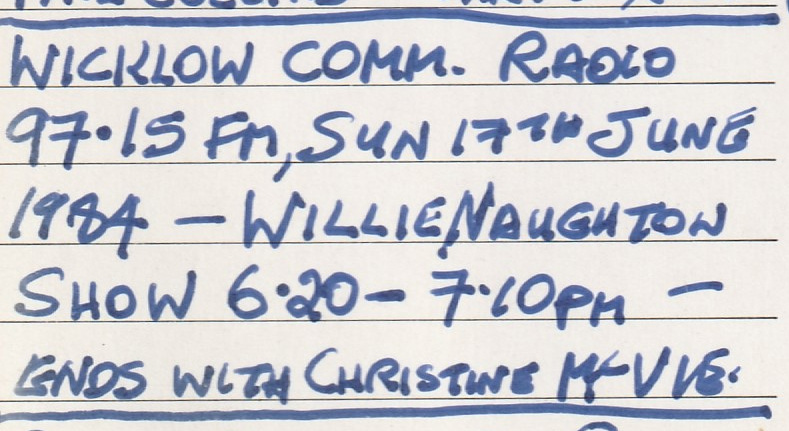Podcast: Play in new window | Download

Bray Local Broadcasting (BLB), was one of the leading community radio stations in the country during the pirate era of the 1970s-1980s, and was a founding member of the National Association for Community Broadcasting that lobbied for the licensing of non-commerical local radio. It broadcast from Bray in north Co. Wicklow for the best part of a decade from 1979-1988.
This is a short airchecked recording from 1983 of the Sunday Disco Mix show with an unidentified DJ, interspersed with adverts for small businesses in Bray. It is followed by Louis O’Rourke with At Your Service, a programme for Civil Defence, Red Cross and the Order of Malta, an example of the type of community material championed by BLB. The tape was made by Kieran Murray between 1730-1800 on Sunday 1st May 1983 and is from the Anoraks Ireland Collection. 96.3 FM is noted on the inlay card, but BLB broadcast on 96.7 at the time, as well as 657 kHz AM.






